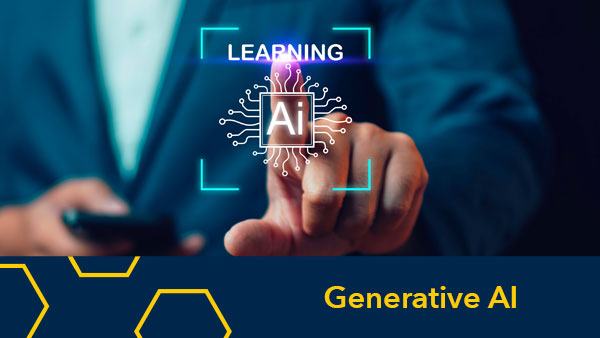Teach-Out opens the world of CRISPR technologies, applications, misconceptions and ethical issues
Sean Corp, Content Strategist
The science behind genetic engineering has existed since the 1970s and in the popular imagination for much longer. What started as a cautionary tale from HG Wells in 1896 with “The Island of Dr. Moreau” has extended to six blockbuster Jurassic Park films with the latest, Jurassic World: Dominion, scaring and delighting audiences after premiering in June.
A consistent theme of all these works of speculative sci-fi fiction is turning discussions of genetic engineering and modification into cautionary tales of greed, hubris and unintended consequences. In reality, genetic engineering has been at the forefront of breakthroughs in medicine, biomedical research, agriculture and industry. And the latest developments, including the modern CRISPR technique and its offshoots, have only accelerated the applications and opened up new doors of possibility.
The CRISPR Gene Editing Teach-Out from the University of Michigan’s Center for Academic Innovation is a free online event that features a wide range of experts on genetic engineering applications and issues related to research, bioethics, conservation, medicine, theology, public engagement and more.
The experts provide context and conversation around the societal implications and future impact of these technologies, so learners understand how CRISPR impacts their lives and communities.
The Teach-Out outlines the current and potential future benefits of the research and potential issues in future research and use cases through moral, ethical and social justice lenses.
“It can be used for so many things that will change the way we live, said Ron Cole-Turner, professor of theology and ethics, emeritus, at Pittsburgh Theologlical Seminary. “How do you predict how new technologies are going to benefit some and maybe disadvantage others?”
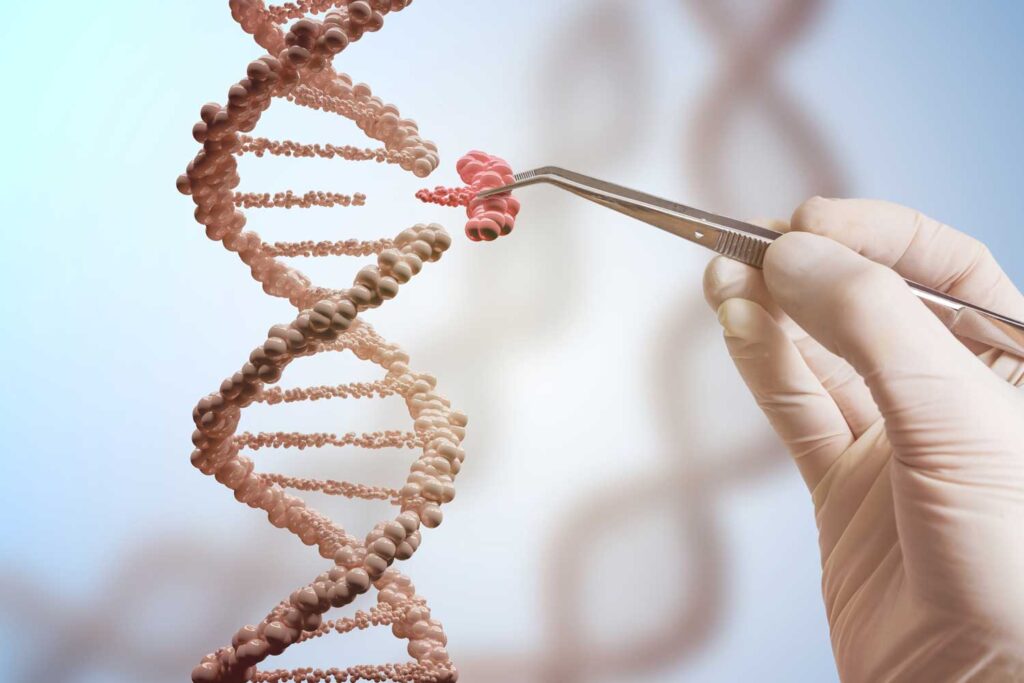
What is CRISPR exactly?
CRISPR, which stands for clustered regularly interspaced short palindromic repeats, is a microbial “immune system” that gives prokaryotes – bacteria and archaea – the ability to recognize precise genetic sequences.
By recognizing those genetic sequences, scientists can, in the words of U-M Assistant Professor in biological chemistry Yan Zhang, “go to a position in our genome and make a DNA edit. The goal is to change a particular trait … or to cure a congenital genetic disease.
In essence, scientists can identify, isolate, snip and edit DNA strands like a pair of tiny scissors.
Many scientists, including Zhang, have made breakthroughs using CRISPR technologies, with two pioneers even receiving a Nobel prize in Chemistry in 2020.
“In comparison to previously existing technologies … CRISPR really stands out from the pack because of its incredible high-efficiency precision, cost-effectiveness and … it is so easy to command.”
Zhang’s work used the CRISPR technology to iterate new approaches and tools, including a method that is less like a shredder, wiping out long sequences with precise targeting.
Concerns and Misconceptions
While CRISPR technologies have revolutionized research for the past decade, there are concerns and a need to create a better understanding in the general public.
The Teach-Out features experts on the relation of theology and ethics to science and technology and how the news and popular media represent gene-editing. There are also discussions about how CRISPR and genetic engineering aid animal and plant conservation and even de-extinction. And coupled with the ethical concerns, there are also experts on applications and issues related to social justice.
The concerns over genetic engineering and gene editing get at another really substantive part of being human. For thousands of years, we have identified the human soul and our identities,” said Ben Novak, a lead scientist at Revive & Restore, an organization focused on enhanced biodiversity through the genetic rescue of endangered and extinct species.
“With the discovery of DNA, it has become the modern representation of that concept – to being human. The idea of tampering with it is like tampering with the core of defining what we are. Of defining what nature is. … I would rather have an altered version of nature than to have no nature at all,” Novak said.
Featured Experts
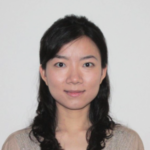
Yan Zhang, Assistant Professor, Michigan Medicine
Yan Zhang is an assistant professor and the principal investigator of the Yan Zhang Laboratory, which focuses on CRISPR biology and mechanisms. Her research employs complementary biochemical, microbiological, genetic and genomic approaches. They collaborate with the broader scientific community to develop and apply novel CRISPR-based tools to tackle diverse biological questions.
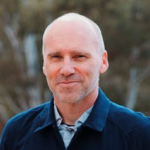
Simon Niemeyer, Professor and Director of the Centre for Deliberative Democracy and Global Governance, University of Canberra
Simon Niemeyer is a co-founder of the Centre for Deliberative Democracy and Global Governance. His research covers the fields of deliberative democracy and environmental governance, with a focus on political reasoning and public opinion formation. He has designed, implemented and assessed over twenty deliberative forums on a range of topics.
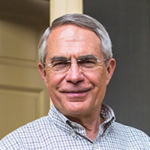
Ronald Cole-Turner, Professor of Theology and Ethics, emeritus, Pittsburgh Theological Seminary
The Rev. Dr. Ron Cole-Turner was the H. Parker Sharp Professor of Theology and Ethics at Pittsburg Theological Seminary. He is an ordained minister of the United Church of Christ, and a founding member of the International Society for Science and Religion.
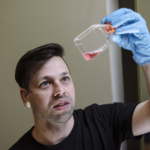
Josiah (Jo) Zayner, Genetic Designer
Josiah Zayner is a biohacker, artist, and scientist best known for his self-experimentation and his work making hands-on genetic engineering accessible to a lay audience, including CRISPR.
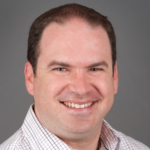
Jonathan Marron, Pediatric Oncologist, Bioethicist, and Researcher, Boston Children’s Hospital
Jonathan Marron MD MPH is a pediatric oncologist, bioethicist, health services researcher, and educator at Boston Children’s Hospital and the Dana-Farber Cancer Institute. Dr. Marron’s research focuses on the intersection of ethics and decision-making, with a particular interest in pediatric cancer genomic sequencing and other advanced and emerging technologies.

Françoise Baylis, University Research Professor, Dalhousie University
Françoise Baylis is the author of Altered Inheritance: CRISPR and the Ethics of Human Genome Editing. Baylis was elected as a member of the governing board for the International Science Council (ISC). She is also a member of the WHO Working Group on Principles of the Global Guidance Framework for the Responsible Use of the Life Sciences and the Royal Society of Canada Committee on Public Engagement.
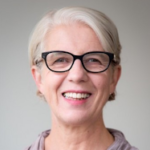
Dianne Nicol, Adjunct Professor, University of Tasmania
Dianne Nicol’s research on public attitudes towards, and public trust in genomics and personalized medicine provides a vital contribution to the evidence base for reform of the framework for regulating this new and rapidly developing area of medical technology. Dianne currently leads a project involving citizen deliberation on genome editing with a team of deliberative democracy scholars from the University of Canberra and a documentary filmmaker, Genepool Productions.
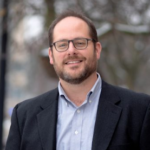
Daniel Thiel, Academic Specialist, Lyman Briggs College, Michigan State University
Daniel Thiel’s research investigates U.S public attitudes of gene-editing. His recent dissertation at the University of Michigan advances our understanding of social and ethical dimensions of gene-editing by asking how the news media present CRISPR to the public.
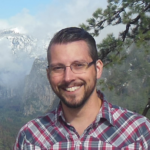
Ben J. Novak, Lead Scientist, Revive & Restore
Ben Novak’s expertise is the conceptualization and advocation of biotech-based genetic rescue solutions for all organisms. His primary passion is the restoration of the extinct passenger pigeon, the goal of Revive & Restore’s flagship project, The Great Passenger Pigeon Comeback. As part of his work, Ben works with collaborators and partners towards restoring the ecology of the Passenger Pigeon to eastern North American forests.
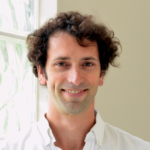
J. Benjamin Hurlbut, Associate Professor, Arizona State University
J. Benjamin Hurlbut studies the changing relationships between science, politics and law in the governance of biomedical research and innovation, examining the interplay of science and technology with democracy, religious and moral pluralism, and public reason. He’s the author of several books, as well as numerous articles and book chapters.


